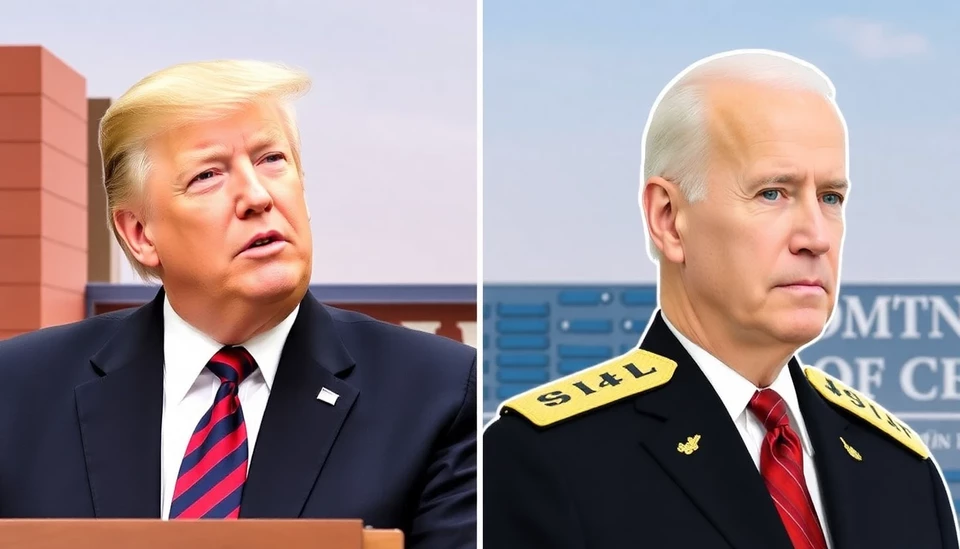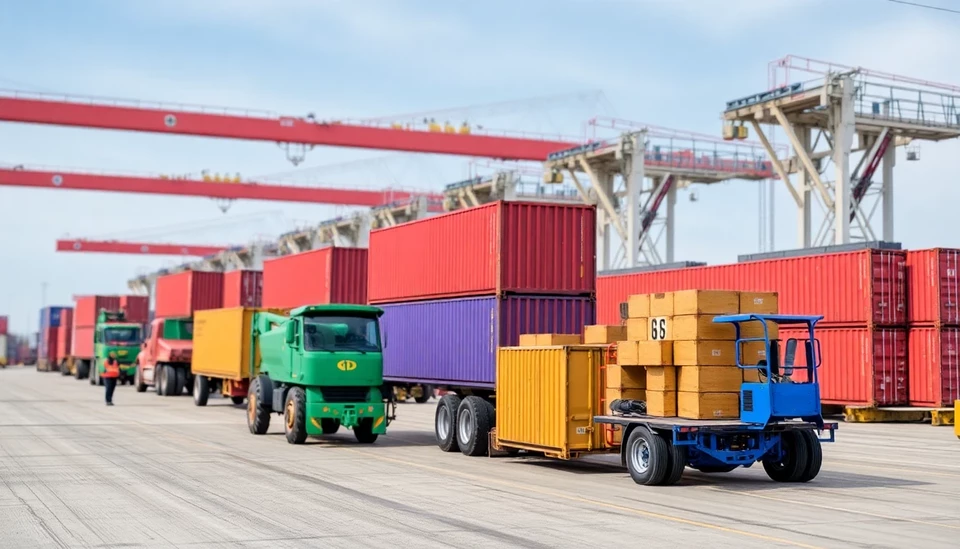
In a recent address, U.S. Trade Representative Katherine Tai admonished former President Donald Trump against depending on tariffs as a significant revenue source for the government. This shot comes as American officials are navigating complex trade relations and global economic uncertainties.
During a scheduled event, Tai remarked that the overreliance on tariffs could hinder long-term economic strategies and ultimately hurt American consumers. She emphasized the drawbacks of imposing high tariffs, which can lead to increased prices for goods, consequently affecting the purchasing power of the average American.
The discussion around tariffs has reignited amidst a heightened focus on U.S. industrial policy and manufacturing. As the Biden administration focuses on strengthening supply chains, Tai underscored the importance of a balanced approach that does not solely lean on punitive trade practices. The Trade Representative's comments reflect a ripple of concern among economists and policymakers who warn that a tariff-centric approach will not yield sustainable fiscal benefits.
Critics of the previous administration's tariff policies argue that such measures often provoke retaliation from international partners, thereby stifling fair trade agreements. Tai pointed out that fostering cooperative trade relationships could yield more benefits for American businesses and consumers than a litany of tariffs that may seem financially advantageous in the short term.
The former President, who famously employed aggressive tariff measures aimed at rebuilding American manufacturing, has continued to advocate for such policies, asserting that they serve American interests. However, Tai's recent statements signal a shift in strategy under the Biden administration, as it navigates both domestic pressures and complex international dynamics.
As discussions about tariffs continue, the question remains whether the Biden administration will explore alternative trade frameworks that better serve economic growth and consumer interests without relying heavily on levies. Tai's warnings serve as a crucial reminder of the potential pitfalls of a tariffs-focused approach, urging a more collaborative and innovative stance in international trade.
The ongoing discourse surrounds not just economic implications but also the broader geopolitical landscape, in which trade relationships are increasingly intertwined with national security matters. Thus, the stakes remain high as both parties consider the future of American trade policy.
In summary, the warnings from Katherine Tai regarding the pitfalls of tariff dependency highlight a significant ideological rift in U.S. trade policy, one that underscores the complexities of maintaining economic growth while protecting American interests on the global stage.
These developments will undoubtedly continue to shape the conversation around U.S. trade as the administration grapples with maintaining a competitive edge while ensuring consumer protection and sustainable economic practices.
#Tariffs #TradePolicy #BidenAdministration #EconomicStrategy #DonaldTrump #KatherineTai #GlobalTrade #ConsumerImpact #Manufacturing #TradeRelations
Author: Rachel Greene




